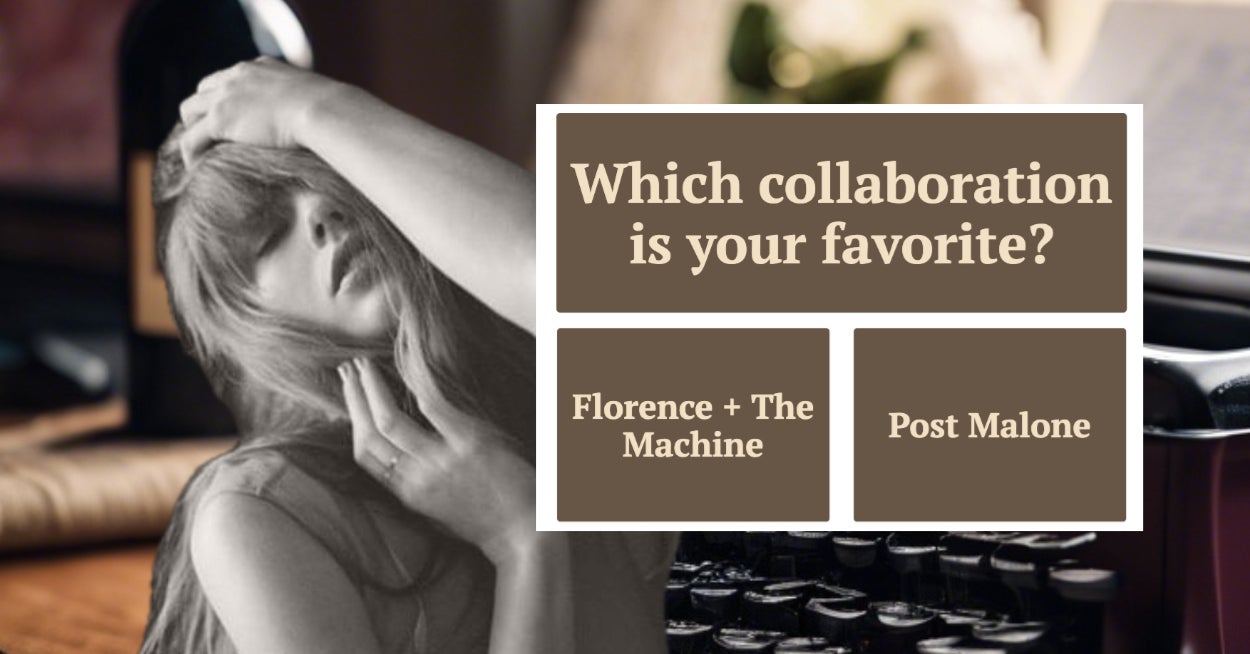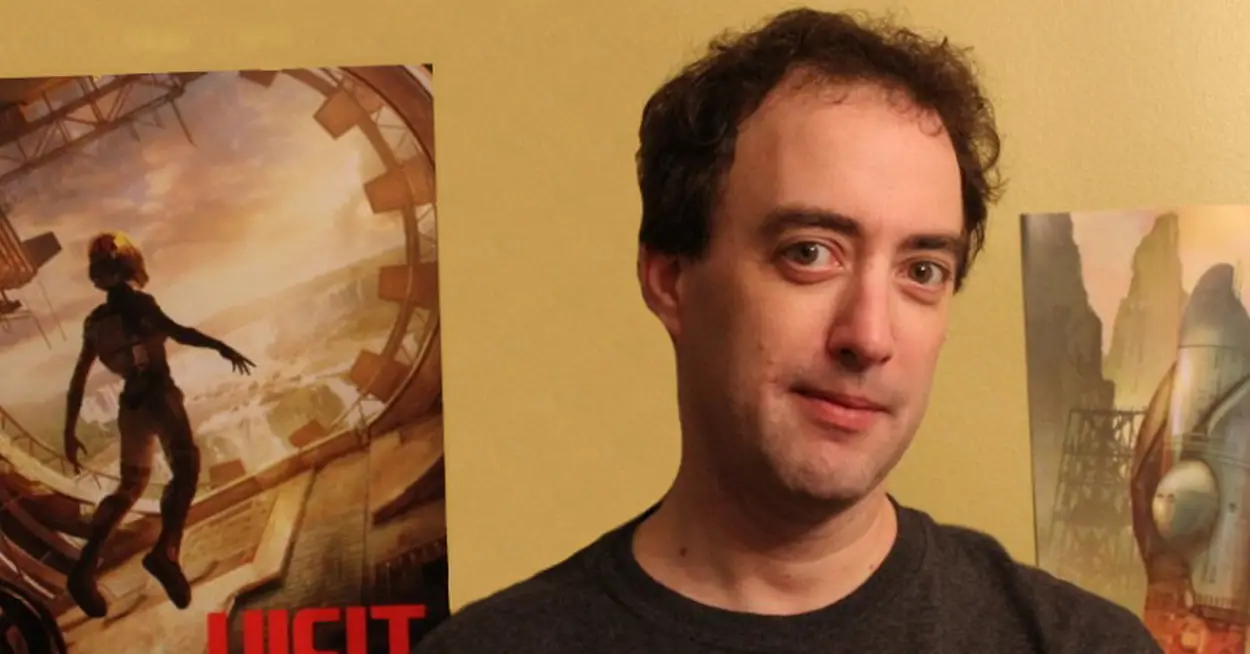I’ve always been so grateful whenever I’ve received a helpful recommendation of what to read or watch. This led me to consider whether it was possible to build a service that could capture that sentiment and scale it. After all people’s lives can change on the strength of a good recommendation so why not try to encourage more of it? I couldn’t stop thinking about it and decided to test out an idea which saved single pieces of wisdom for anyone to retrieve. It was more than collecting bookmarks – it would include other types of knowledge in different mediums e.g. video clips, podcasts, books, courses, research papers, newsletters, good advice or absolutely anything to shortcut wisdom. I wanted to capture the relief you feel when you meet someone who reels off a list of must have references, quickly and succinctly.
I updated my site Recknsense to test out the idea of this platform by collecting recommendation ‘objects’ to store and share with people. Similar to a Q&A platform, it asks questions but only deals in recommendations as responses. There’s no upvoting, feeds, and ads. It’s not crowdsourcing for ‘ideas’ but rather first hand experience organized and curated. Like ‘Wisdom of the Crowd’ – but more specific and built in a human centered way.To begin with I’ve started with themes I’m interested in and believe would be useful to people like me; ’Books that had an impact on you’, ’Resources to learn AI’, and ‘Places for Human Tech’. Of course, there are so many more themes that could help people. If you’re interested, take a look. Please suggest a new theme or add a recommendation. When you submit, consider including the reason why you recommend it to make it more human. Along this journey I’ve been fortunate to have some fantastic people advise and offer their support so thank you!
Since I started, I’ve come across a few new products that have similar goals around curation of content and making it easier to find what you need. They stem from a growing problem we are facing – there is just so much content out there now, it’s making it almost impossible to separate the signal from the noise. What once was a lauded as incredible achievements i.e. look at all the huge amounts of data we are generating! We’re now seeing the consequences of too much of a good thing. Even AI is not turning out to be the answer. Whilst it helps to filter and personalize, it does so with potential issues like bias and dubious assumptions. So far I have found ‘Beyond‘, a new startup which invites people to curate content, and Chapter which recently pivoted from recommendations to a paid for, curated learning model. I’m sure there will be others out there so I invite you to share with me.
The opportunity of applying AI to solve the problem is big and exciting. What better than have machines scan through vast quantities of data at a rate that the human brain could never achieve, to find us just the exact data we need? That’s the dream and there are many reasons to believe we can get there but if you look into the challenges of AI, you’ll see we are a way away from getting there. I recently read ‘Atlas of AI’ by Kate Crawford and I’m working my way through ‘The Alignment Problem’ by Brian Christian. Both books point out the pitfalls of AI training on human data that is itself rife with bias and errors. If we want to make AI that could help solve the problem of having too much content, we’ll need to make AI better than humans. Not just in speed and recall accuracy, but in the standards of anti-bias and fairness.
Until then, humans can certainly lead the way.
Source link











Leave a Reply